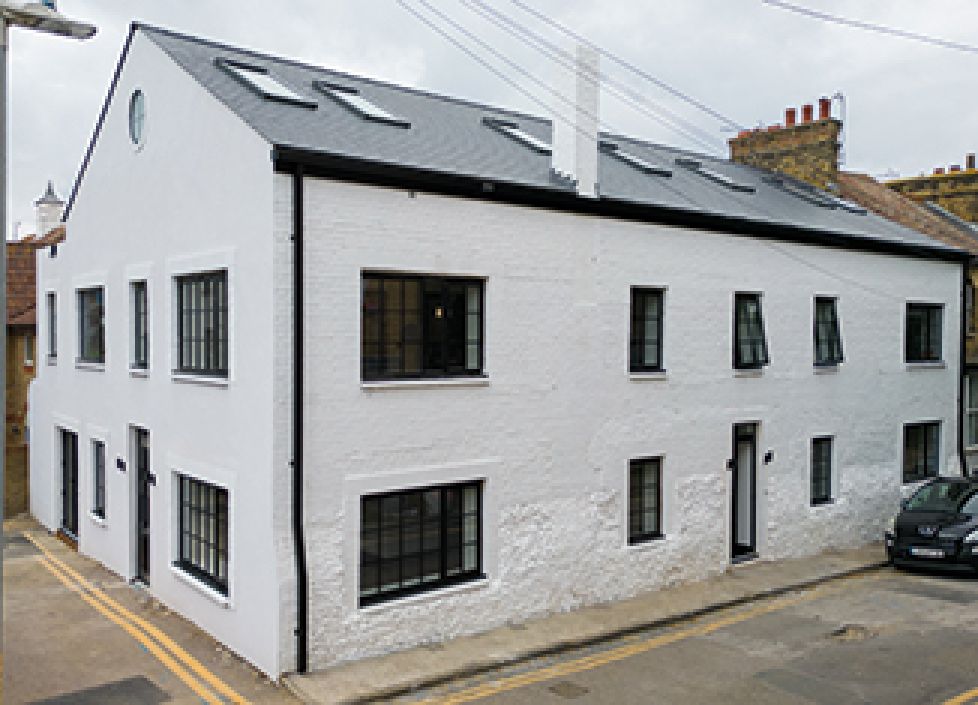Chancellor of the Exchequer Rishi Sunak has announced a stamp duty holiday until the end of March 2021, further underlining the key role UK property will play in the country’s post COVID-19 recovery.
More people buying homes is good news for the economy. And, as UK business and industry begins to re-emerge from lockdown, the government hopes that increased relief from stamp duty land tax (SDLT) will prompt a new wave of purchases and investments over the next 7-8 months. Until 31 March 2021, anyone buying a residential home in England and Northern Ireland as their primary residence will not pay SDLT on any property that’s valued below £500,000 - up from £125,000 previously.
Sunak said: “We need people to feel confident. Confident to buy, sell, move and improve that will drive growth and that will create jobs. So, to catalyse the market and boost confidence I have decided today to cut stamp duty.”
 Do the changes also apply to property investors and overseas buyers?
Do the changes also apply to property investors and overseas buyers?
Yes, however, if you are a UK resident that’s purchasing a second home or a BTL, you are still subject to a 3% SDLT surcharge. This also applies to any overseas-based purchaser buying a property in England or Northern Ireland for investment purposes. However, these changes only apply to residential property, not purpose-built student accommodation.
Prior to the new changes, if a landlord bought a property in England or Northern Ireland valued at £499,000, they would need to pay £29,920 (6%) in SDLT. Now, however, the same property would only be subject to £14,970 (3%) in SDLT. That’s a saving of around £15,000.
However, overseas investors that want to buy in the UK this year have an extra incentive to take advantage of this tax break as from 1 April 2021, there is scheduled to be an increased (extra) 2% surcharge for non-residents when buying residential property in England and Northern Ireland.
David Hannah, founder and principal consultant at Cornerstone Tax, says: “The average house price in the UK is £231,855, as of March 2020, according to the UK house price index. Zoopla currently has it slightly lower at £220k, but of course the number will vary by region. This means that for a first time buyer (FTB) that the average saving would be nothing – they are already exempt on purchase prices up to £300,000.
“For a home-mover it’s squarely in the first bracket at 2% so you’d be looking at a saving on the average purchase price of £4,637, which is not a small amount of money especially when mortgage lenders are asking for higher levels of deposit.”
Regarding those home-movers that are downsizing, Hannah says: “There is no real reason to assume that a downsizer would be any different, based on average prices. Where downsizers may see a benefit is in being more able to shift higher end properties up to £500k if the people buying them are suddenly able to save their SDLT. Added to this, it will potentially mean a strengthening of house prices up to £500k as sellers will be less likely to make reductions to get under the threshold – conversely it will act to possibly drag down prices on properties in the £500,001-£550,000 bracket, where especially given the current situation and the lingering effects of a three month hold on the market, those looking to sell may drop below the bracket to grab a quick sale.”
However, Hannah adds: “In our previous experience, these sorts of alterations to the SDLT legislation don’t tend to achieve the results intended. For example, the 3% surcharge was supposed to stimulate the FTB market by stopping so many landlords buying smaller flats and other potential homes, but it didn’t really work out that way because other factors like size of deposits required still acted as a brake on the FTB market.”
In one hand and out the other
The higher deposits now being required by mortgage lenders could eradicate much of the savings being offered to homebuyers from the tax cuts, according to Hannah. He concludes: “The availability of 5% and 10% mortgages has fallen dramatically from over 300 to just 15 providers - according to statistics from Defaqto. The lack of low-deposit mortgages available for borrowers has seemingly all but wiped out any benefit from the stamp duty holiday to house buyers. For buyers to take advantage of the savings from SDLT lump sums, lenders should be passing on savings.
“To help these people get on the property ladder, government-backed purchase mortgage guarantees for borrowers would be a great way to reinstall confidence in the lending market. If the term of these guarantees were for five years, for example, the inflation of the housing market during the medium term would wipe off any negative equity on those properties. This would give the market some security, help buyers, and get the market moving again.”



















